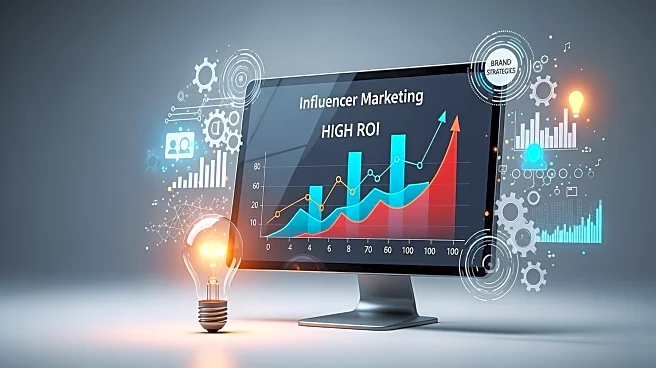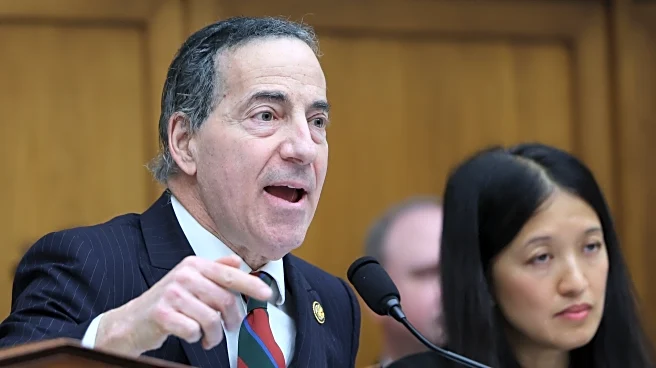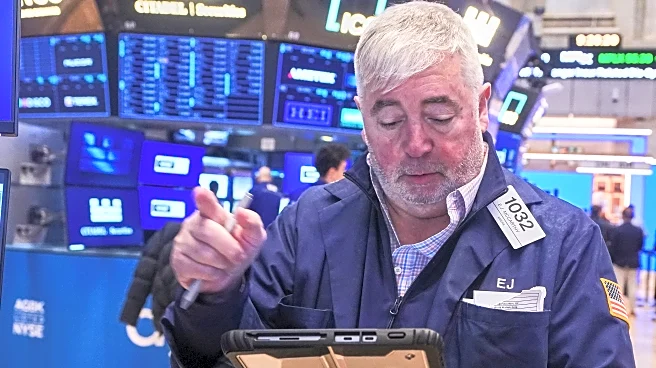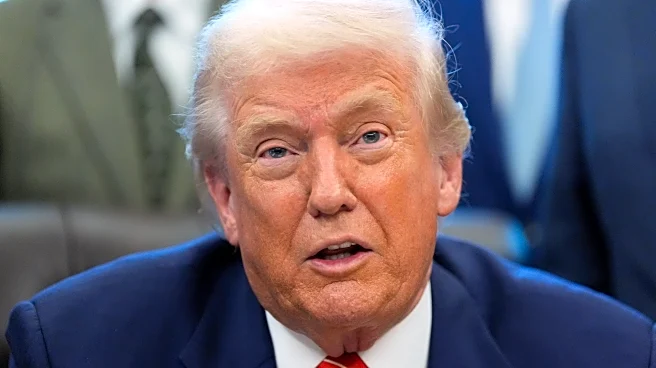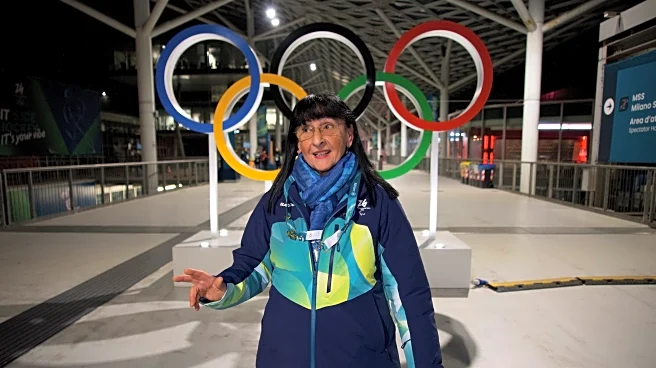What's Happening?
Recent research from the Institute of Practitioners in Advertising (IPA) highlights the significant return on investment (ROI) of influencer marketing, surpassing traditional media channels like linear
TV. The study indicates that over half of brand marketers plan to increase their influencer marketing budgets in 2025, reflecting a growing trend towards leveraging social media creators. The Marketing Week Podcast discusses these findings, featuring insights from industry experts such as Jane Christian from WPP Media and Simon Harwood from Billion Dollar Boy. The podcast explores the professionalization of the influencer economy and its implications for brands, emphasizing the importance of a strong creator-brand fit to maximize ROI.
Why It's Important?
The findings underscore the shifting landscape of marketing strategies, where influencer marketing is becoming a pivotal component. Brands are increasingly recognizing the value of authentic content and direct engagement with audiences, which influencers provide. This trend could lead to a reevaluation of marketing budgets, prioritizing digital and social media channels over traditional advertising methods. The professionalization of influencers also suggests a more structured approach to collaborations, potentially enhancing the credibility and effectiveness of campaigns. As brands invest more in influencer partnerships, they may gain a competitive edge in reaching younger, tech-savvy consumers.
What's Next?
As influencer marketing continues to grow, brands may need to develop more sophisticated strategies to select and manage influencer partnerships effectively. The industry could see increased regulation and standardization, particularly with the involvement of bodies like the Influencer Marketing Trade Body. Brands might also focus on supporting influencer wellbeing to ensure sustainable and ethical collaborations. The ongoing discussions in the Marketing Week Podcast suggest that marketers will continue to explore the evolving dynamics of influencer marketing, potentially leading to new best practices and innovations in the field.
Beyond the Headlines
The rise of influencer marketing raises questions about the ethical implications of digital advertising and the authenticity of influencer content. As influencers become more professionalized, there may be concerns about the commercialization of personal brands and the impact on consumer trust. Additionally, the focus on influencer wellbeing highlights the need for responsible practices in the industry, ensuring that creators are not exploited and that their mental health is prioritized.
